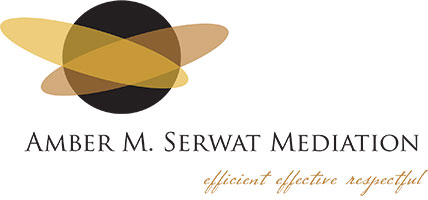There are 13 key factors that will determine how the court evaluates what is in the best interest for your children when deciding who has primary custody of the children.
The 13 key factors are:
- The wishes of the child’s parents
- The reasonable preference of the child, if the court decides the child is of sufficient age to make these decisions
- The primary caretaker
- The intimacy of the relationship of each parent and the children
- The interaction of interrelationship of the child between parents, siblings and any other person that is
- significant in the child’s life
- The child’s adjustment to home, school and the community
- The length of time the child has lived in a stable, healthy environment
- The permanence as a family unit
- The mental and physical health of all parties involved
- The capacity and disposition of the parties to give the child love, affection and guidance, and to continue to educate the child and raise the child in in the child’s culture and religion or creed, if any
- The child’s cultural background
- The effect on the child of the actions of an abuser, if there has been domestic abuse as defined by 518B.01, that occurred between parents or a parents and others
- The disposition of each parent to encourage and permit frequent and continuing contact by the other parent with the child
Oftentimes many of these 13 key factors do not apply to the parents and it is a fight to prove who is a better parent, when in fact both parents are able and deserve parental time. It is critical to acknowledge that both parents are important in different ways, and many children seek to have the entire family unit and both parents involved to support and love them. As parents you are the experts of your children and know what is best for them and how to support and love them. As a mediator, Amber can help evaluate and discuss parenting time options and make child-focused decisions by being an objective party member and seeking the most logical solution. Furthermore, she can help mediate couples either on one solution or throughout raising the children in order to allow co-parenting at its best.
Although the data is old, in 2005 mediation cost around $3000 and was settled in 90 days, compared to $15,000 for litigation and 18 months. Litigation often does not resolve issues and creates frustration between divorcing couples. Court systems are also public domain, while mediation is confidential and makes that that decisions are made in the best interest for both parties and children involved.

